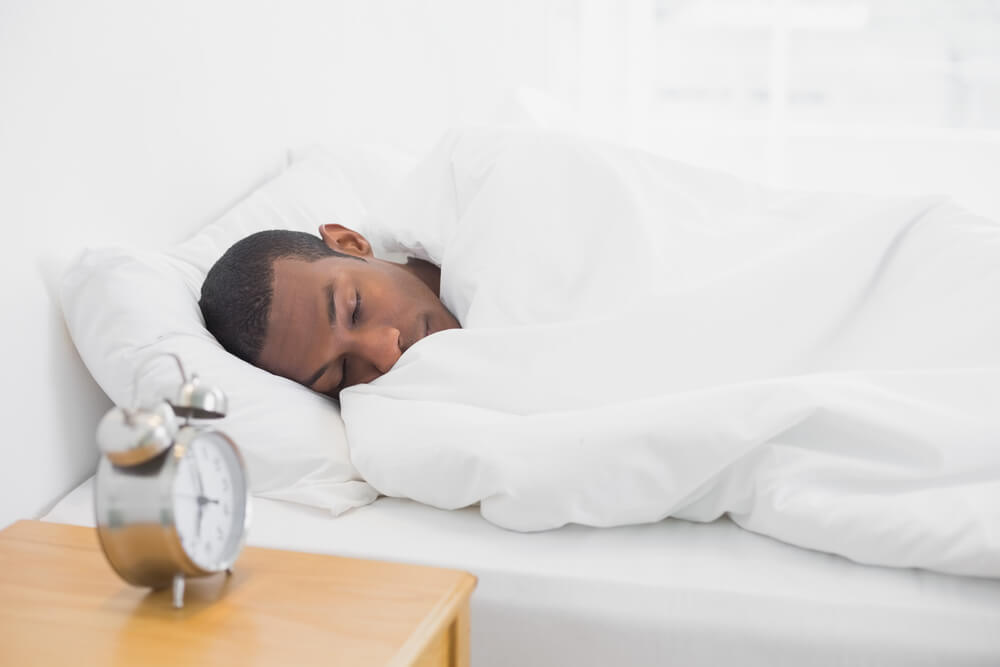
Key Steps to Sleeping in Early Recovery
Written by Dr. Cory Reich, Ph.D., Posted on , in Section Editors Picks
Sleep deprivation is well documented as having serious effects on our health and wellness. Too little sleep, which for most adults is between 7.5 and 9 hours per night and for high school and college students is 9.25 hours per night, leads to both physical and mental consequences. If you have difficulty falling asleep or staying asleep, waking up too early, and/or have poor sleep quality, you are sleep deprived.
"Body is chemically recalibrating and striving to develop regular sleep cycles.."
Sleeping challenges are common in the early days, weeks, even months in recovery. The recovering body is chemically recalibrating and striving to develop regular sleep cycles absent of the drugs or alcohol. Often, sleep challenges will be overcome without medication. However, if sleep challenges persist, seek an Addictionologist for help. It is important that individual’s in recovery do not self-medicate with prescribed or sleep aids available over the counter. An Addictionologist will factor in recovery concerns and the best way to chemically support the need to sleep.
12 Sleeping Tips for Early Recovery
William White, a recognized recovery expert speaking to recovery challenges in the area of sleep, wrote a paper identifying 12 Sleeping Tips in early recovery. The 12 Tips are:
1. Create a good sleeping environment, e.g., bed comfort, quietness, darkness, comfortable temperature, and ventilation.
2. Consider a white noise generator if there is a problem with noise in the environment.
3. Set a consistent time period for going to bed and getting up, including on weekends.
4. Avoid daytime naps.

5. Eliminate or reduce caffeine intake (particularly after 3 pm).
6. Get exercise early in the day, but avoid exercise in the evening.
7. Keep a sleep diary by your bed, noting sleep patterns, troublesome thoughts, dreams, etc. and discuss troublesome dreams with your counselor, sponsor or others in recovery.
8. Learn and utilized relaxation techniques, e.g., progressive relaxation, visualization, breathing exercises; use recovery prayers and self-talk (slogans) as an aid in getting to sleep.

9. Minimize activities other than sleeping in your bed, e.g., eating, working, watching television, reading, etc.
10. Avoid large, late meals; have a light snack before bedtime—some that can actually aid sleep, e.g., small turkey sandwich, warm milk, a banana, a cup of hot chamomile tea.
11. Create a consistent bedtime routine and stick with it.
12. If you can’t get to sleep within 30 minutes, get out of bed and do something relaxing in low light until you feel sleepy.

Developing healthy sleep practices can be a real challenge, yet it is critical to get enough sleep to sustain recovery efforts and support a life of sobriety. Apply these 12 tips to aid your efforts to reclaim your sleep as well as reclaiming your life of sobriety.
